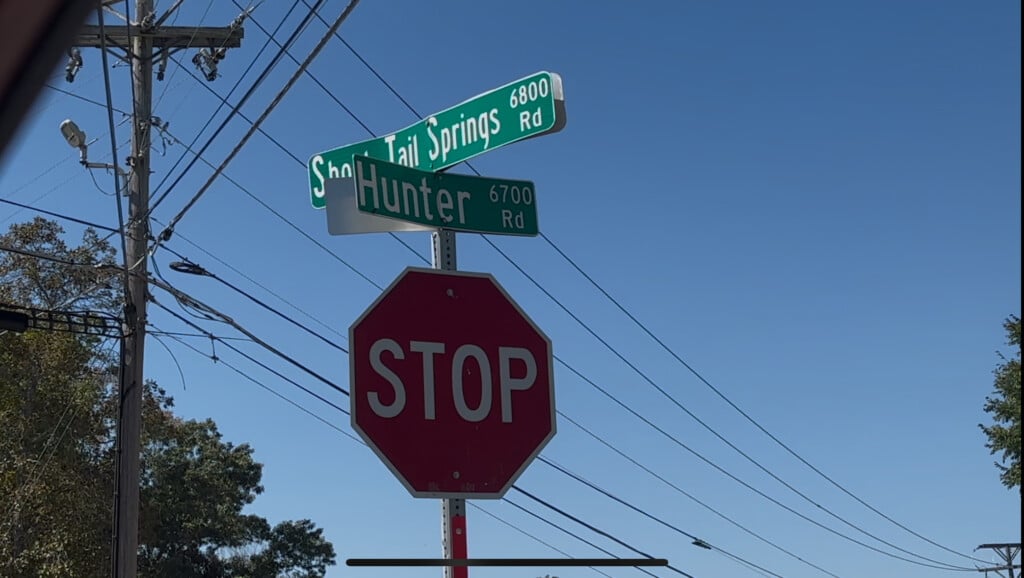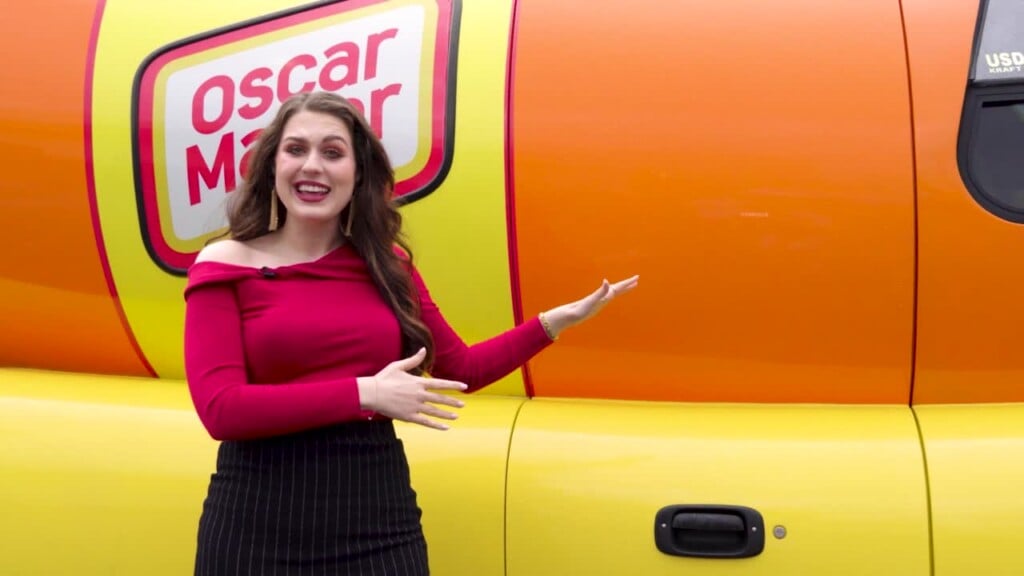Straight Outta Compton: A local perspective
Universal Pictures has offered to pay for added security to theaters showing the movie.
A spokesperson for the Chattanooga Police told WDEF no additional officers will be assigned to work security at any of the theaters. But a Majestic employee told WDEF, all the theaters are aware of the security concerns and that the subject had been mentioned in meetings.
Straight Outta Compton chronicles the rise and fall of the Compton California gangsta rap group NWA. There have been concerns the movie might attract feuding gang members. To understand these concerns, one must first understand NWA.
The group was formed by rapper Eazy E back in the 1980’s.
"Everyone was listening to gangster rap. Everybody was listening to Eazy E and he was from California so that was our West Coast music," said Cleveland police officer Evie West.
West grew up in Los Angeles during the height of NWA’s popularity. She admits being a teenage gangster who was fully aware of the power of gangsta rap.
"Music has a lot of power so even if you didn’t know what time it was as far as being on the street, you could learn through songs and the music that Eazy E, Dr. Dre, Ice Cube and even Snoop Dog put out. Snoop Dog was an OG and you would see him on the streets of parties. You knew he was a Crip and you knew he was down for his," West said.
Fortunately for West, she had an opportunity to change her life around when her parents forced her to leave LA and live in Tennessee.
"My mom literally put those bags in the car and drove me to LAX Airport. I got on that plane and didn’t say good by. I just got on the plane and it dropped me off in Atlanta and someone from Lee College came and picked me up," West said.
West left her old life behind her and eventually received a college degree before becoming a Cleveland police officer. She even wrote a book about her old life in LA called "Revolving Choices."
News 12 asked her what she though of Eazy E who was a known member of the Crips gang.
"Eazy E. He wasn’t a studio gangster. I mean he was a gangster. He banged on the streets and people knew him," West said.
Despite what some may consider to be glorification of gang activity, Power 94 DJ Eric Foster told News 12, the movie could serve as a teaching moment for many youngsters who think it’s acceptable to be a part of a gang.
"Why do most guys and kids gravitate toward gangs? It’s still a family life. There is some type of structure there; even though it’s misguided. This is an opportunity to actually teach these kids that this is what not to do," Foster said.
Eazy E and his group NWA were often criticized about the lyrics in their raps. But during various press conferences, the group would argue they were only rapping about the struggle of growing up in Compton California; a city just south of LA.
"No one knew about Compton. But the struggle was the same. The same struggle they had in Compton, we were having in Chattanooga, Atlanta and Chicago," Foster said.
Throughout the late 80’s and early 90’s, Eazy E and the rest of NWA were known for rapping about police. The groups lyrics were fueled by what they considered police mistreatment of young blacks in South Central LA.
"Bleep the police. Everybody knows about it. Coming straight from the underground, a young brother got it bad because I’m brown. What is that saying to America? What is that saying to the neighborhood; 27-years later, the same thing is still happening," Foster said as he quoted lyrics from one of NWA’s raps.
That particular lyric referred to the struggle between African Americans and police; an issue that is still playing out more than 20 yeas later in areas like Ferguson Missouri where members of the black community have clashed with white officers.
In 1991, NWA was scheduled to perform in Chattanooga, but the reported threat they posed to law enforcement caused a backlash and the scheduled performance was canceled.





Leave a Reply